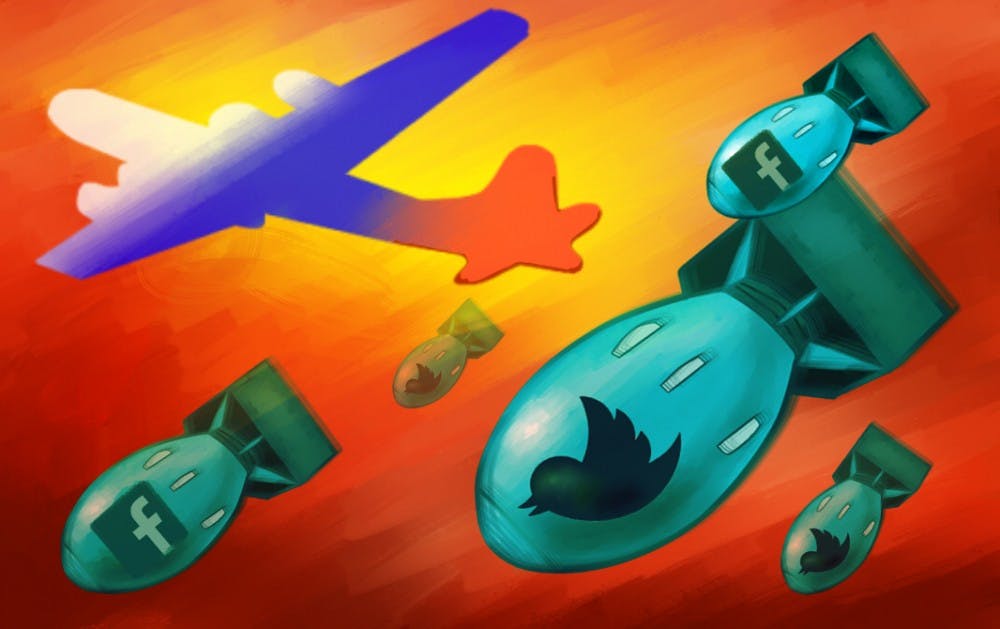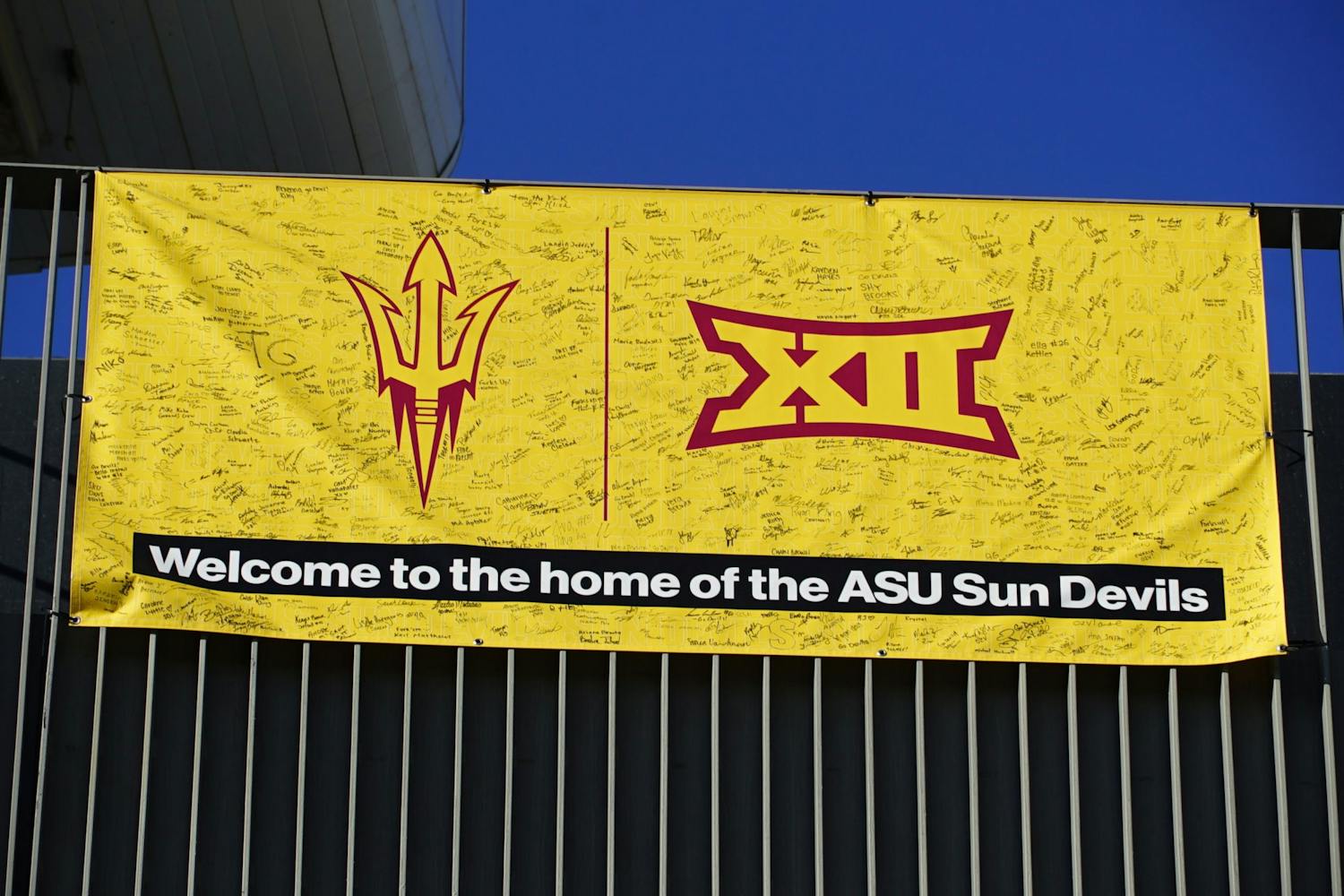Amid the news of Russian interference during the 2016 presidential election, a group of ASU professors and experts decided more needed to be done.
The Weaponized Narrative Initiative is an ASU project dedicated to predicting and stopping misinformation attacks. The organization compiles research and publishes media to educate the public about weaponized misinformation.
According to experts at WNI, misinformation attacks are crafted pieces of false information intended to challenge beliefs and cause mistrust in Western mainstream media and established government.
Joel Garreau, a research professor and one of the co-founding directors of WNI, called misinformation attacks a "fundamental attack on democracy."
The U.S Intelligence Community declared in a January 2017 report that Russia interfered in the 2016 election.
Garreau said he and others suspected Russia's actions during the 2016 election before they had been officially proven. He said they were afraid to speak up because "people (would) think we're nuts."
After the election, when news and evidence surfaced proving Russia's interference, the creators of WNI set their project in motion.
Garreau said targeted misinformation often takes the shape of "profound attacks on the stories that hold us together as a nation."
The producing director for WNI, Cyndi Coon, said as a creative person, her role is to foster a collaboration between creative ideas and research to respond to misinformation attacks.
Coon said in order to address the barrage of attacks, WNI needs to "move fast, keep running and keep trying things."
Braden Allenby, co-director at WNI, said the big question is how to keep defending against false information in the long term and protect the American political system.
He said some people don't care whether information is true or not as long as it fits their worldview, highlighting that apathy plays a large role in misinformation attacks.
Allenby said social media also plays a large part in these attacks and that some technology companies claim to have the ability to scrape the internet and target information to people based on their social media history.
"I think that a lot of what's going on has the potential to be disruptive to political institutions," Allenby said.
Daniel Rothenberg, the co-director for the Center on the Future of War, which WNI is a branch of, said WNI is attempting to draw attention to a new tool of war — the ability to change the perception of truth.
“(Our goal is to draw) attention to a certain meaning of truth as a tool to seek war," Rothenberg said.
Reach the reporter at gggarci52@asu.edu and follow @gianagarciiia on Twitter.
Like The State Press on Facebook and follow @statepress on Twitter.




